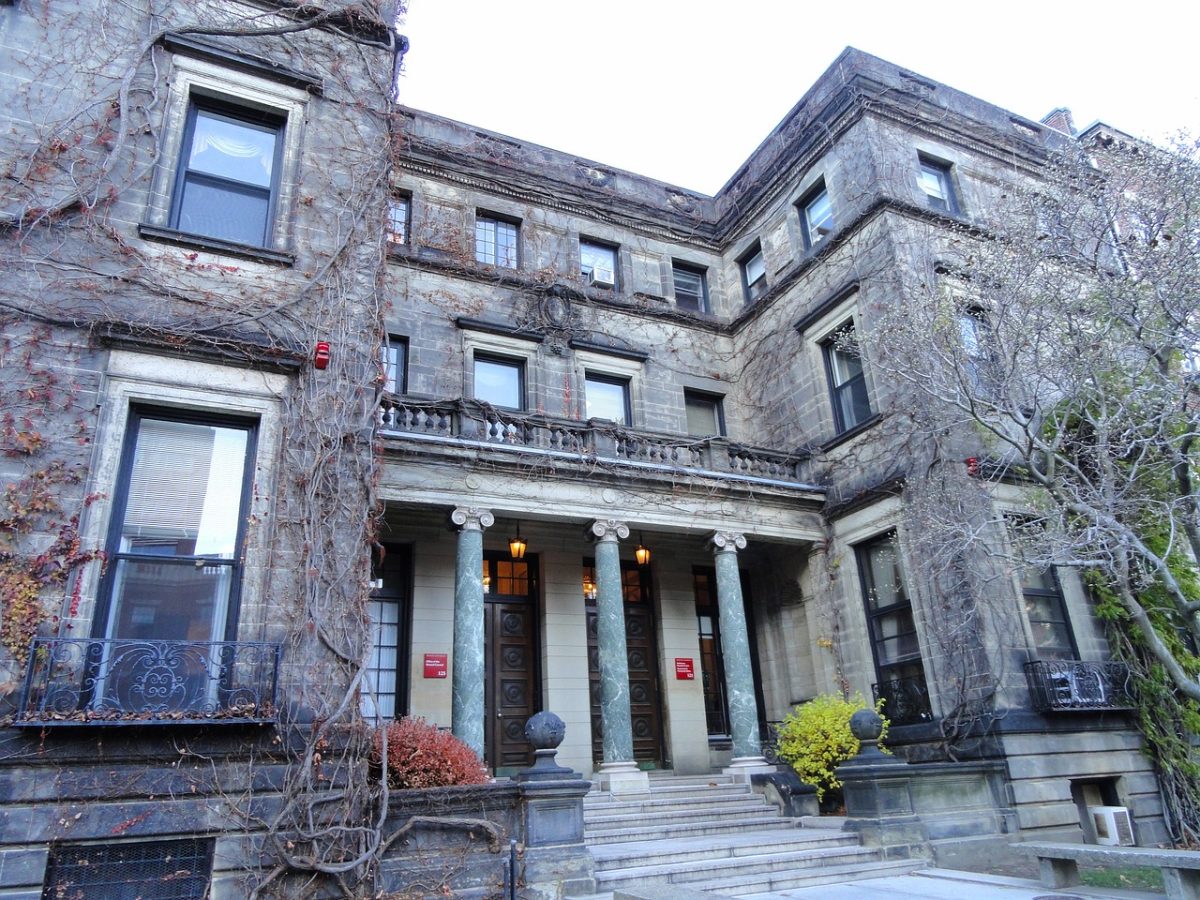As the Class of 2024’s college admissions process terminates, it is evident that America’s university system has become one of the most destructive institutions in society. My reflection on the process is overwhelmed with heartbreak. While many of my peers have excelled, I can’t help but feel some pain for the incredulous amount of anxiety the Class of 2024 faced.
The college process is draining—a never-ending to-do list of essays, grades, and resumes. Come May, most students simply want their lives back. With so many accomplished students applying to elite schools in unprecedented numbers, acceptance rates narrow annually—this year being the worst yet. Perhaps it’s not that universities are seeking “better” students—for so many overachievers are rejected by the thousands—but higher prestige. Universities are hyper-focused on their own rankings, selfishly neglecting the students who are shredded to pieces through the pursuits of American colleges. Today, the quality of an institution is linked to the number of students who receive a “We’re sorry to inform you” email in March.
America has completely surrendered the purpose of college in exchange for names, rankings, and elitism. In the past, college was a playground for self-discovery; today, eighteen-year-olds are expected to have their lives figured out to secure a spot in the top 10. It has become an obsession among American parents to enroll their children in the most “brag-worthy” college, but at what cost?
The brave students who chose to spend their four years of high school more freely may be the winners in the end. Achieving balance is difficult in high school, but students who regularly challenge themselves, participate in class, and spend time on work and their individual lives are the students who thrive in college. These students have the fundamental skills, a natural love of learning, and an intrinsic determination that carries them into adulthood—regardless of the school they ultimately attend.
How can students find this middle ground? A place free of heavy academic suffering, yet still challenging enough to help students explore and flourish. Since going through the process, I discovered a plethora of amazing schools (beyond the top 20) that exceeded my expectations. Why, I wondered, does nobody consider these schools in the way they do Ivies or other elites? Instead of favoring prestigious colleges, we must favor colleges that are our ‘perfect fits’: colleges that will mold us into the best versions of ourselves. Students almost always curate a list of schools based on rankings. Instead, consider shaping your college list based on schools that fit into your life. Ask yourself what you’re looking for, and where you believe you will thrive. Keep an open mind to unchartered territory. What you are familiar with is not always the answer. At the end of the day, the name of your school does not define your character and hard work, but it will (hopefully) be a catalyst for your goals and aspirations. College is a place for students to grow, not fail. Finding the place where you thrive—where you can be happy—should be the ultimate goal, not a school ranking or name.
I came across New York Times writer Frank Bruni’s touching book titled Where You Go Is Not Who You’ll Be, which struck a chord with me as a senior who has gone through the tortuous admissions process. I read excerpts of the book for guidance as I received deferrals from nearly half of my early action schools in January. Having lost faith in my application—and myself—I needed to reframe my perspective. One section of the book stood out to me.
Bruni himself attended preparatory school in New England and made the decision to forgo Yale to attend the University of North Carolina in Chapel Hill upon receiving a full-ride scholarship. In his time at a state school—which his prep school friends deemed incomprehensible—he learned to value humility, hard work, and dedication. His time in college shaped him into the person he has become, and he expressed gratitude for his experience. “[Chapel Hill] gave me perspective that I appreciated then and appreciate even more now,” Bruni said. He eventually attended Columbia for graduate school, but he explains that “none of the people who hired me for subsequent jobs ever asked or mentioned Columbia—or, for that matter, Chapel Hill.”
Having gone through the college process, I now look back on my experience with a tainted point of view. If I could restart the process, I wouldn’t change my application. I would change my mindset. If we begin to favor universities that suit our lives, we can break the system. The prestige of your college does not define you. It’s the journey you take, wherever that path may be.








